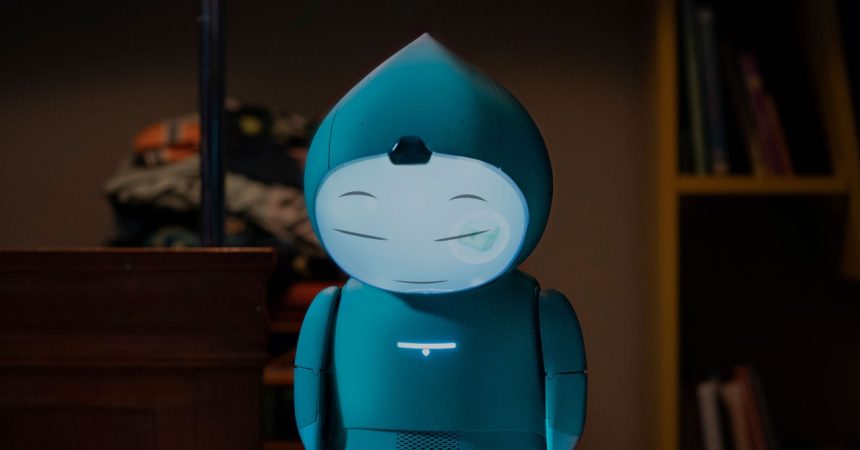The abrupt demise of Embodied, the company behind the social robot Moxie, has left owners grappling with bricked devices and the unsettling realization that their substantial investment has evaporated. Moxie, marketed as a child’s companion, offered interactive play, educational activities, and emotional support. However, the company’s financial struggles have led to its impending dissolution, rendering the robots non-functional and leaving customers with little recourse. Embodied has stated its inability to offer refunds, except potentially for those who purchased Moxie within 30 days, and even then, refunds are contingent on a successful sale of the company’s assets, a prospect with no guarantee. This situation underscores the precarious nature of investing in nascent technology, particularly in the consumer electronics sector, where companies can fold, leaving customers with expensive, unusable hardware. The plight of Moxie owners serves as a cautionary tale about the risks associated with relying on ongoing software support and the potential consequences when companies cease operations.
The sudden termination of services for Moxie extends beyond just the bricking of the robot itself. Embodied has also confirmed that warranties, repair services, the associated parent app and guides, and customer support will no longer be available. This comprehensive shutdown leaves owners with no avenue for troubleshooting or seeking assistance with their now-defunct devices. Furthermore, customers who financed their Moxie purchase through third-party lenders face an especially difficult predicament. They are left with loan repayments for a product that no longer functions, adding financial injury to the disappointment of a broken technological promise. This scenario highlights the need for consumer protection measures related to financing technology products, especially those that rely heavily on continuous software updates and company infrastructure for their functionality.
The Moxie debacle raises broader questions about the ethical implications of marketing sophisticated and emotionally engaging robots to children, only to have those robots abruptly cease functioning due to business failures. The emotional attachment children may have formed with their Moxie companions adds another layer of complexity to the situation, transforming the loss from a mere financial setback to a potentially distressing experience for young users. This raises concerns about the long-term impact of such abrupt technological disruptions on children’s emotional well-being and necessitates a more thoughtful approach to designing and marketing robots intended for children, including considerations for product longevity, data privacy, and the potential for emotional disruption.
While the current situation appears bleak for Moxie owners, there remains a glimmer of hope for the robot’s revival. Precedent exists for defunct smart device companies being resurrected, as seen with Insteon, and the possibility of an open-source version of Moxie emerging, similar to the Spotify Car Thing, offers a potential pathway for restoring functionality. Embodied has also indicated that they are actively seeking a buyer for Moxie, which could potentially lead to the resumption of services under new ownership. However, the transfer of customer data to a new company raises privacy concerns and underscores the importance of transparent data handling practices in the tech industry.
The Moxie situation highlights the vulnerabilities consumers face in the rapidly evolving smart device market. The reliance on ongoing software updates and cloud services creates a dependence on the manufacturer’s continued solvency and commitment to product support. The lack of clear regulations and consumer protections in this area leaves owners susceptible to significant financial losses and the frustration of bricked devices when companies fold. This underscores the need for stronger consumer protection measures, including clear disclosure requirements regarding software support commitments and mechanisms for ensuring the continued functionality of devices even in the event of company failure.
The experience of Moxie owners serves as a compelling argument for the right-to-repair movement, which advocates for consumer access to repair information, tools, and parts. This movement aims to empower consumers to maintain and repair their own devices, thereby reducing reliance on manufacturers and mitigating the impact of company closures. The Federal Trade Commission’s recent statement indicating that smart device manufacturers who fail to commit to software support may be breaking the law offers a potential avenue for addressing this issue and protecting consumers from the financial and emotional consequences of prematurely obsolete smart devices. The Moxie case highlights the urgency of this issue and the need for robust regulatory frameworks to safeguard consumer interests in the rapidly evolving landscape of smart technology.



